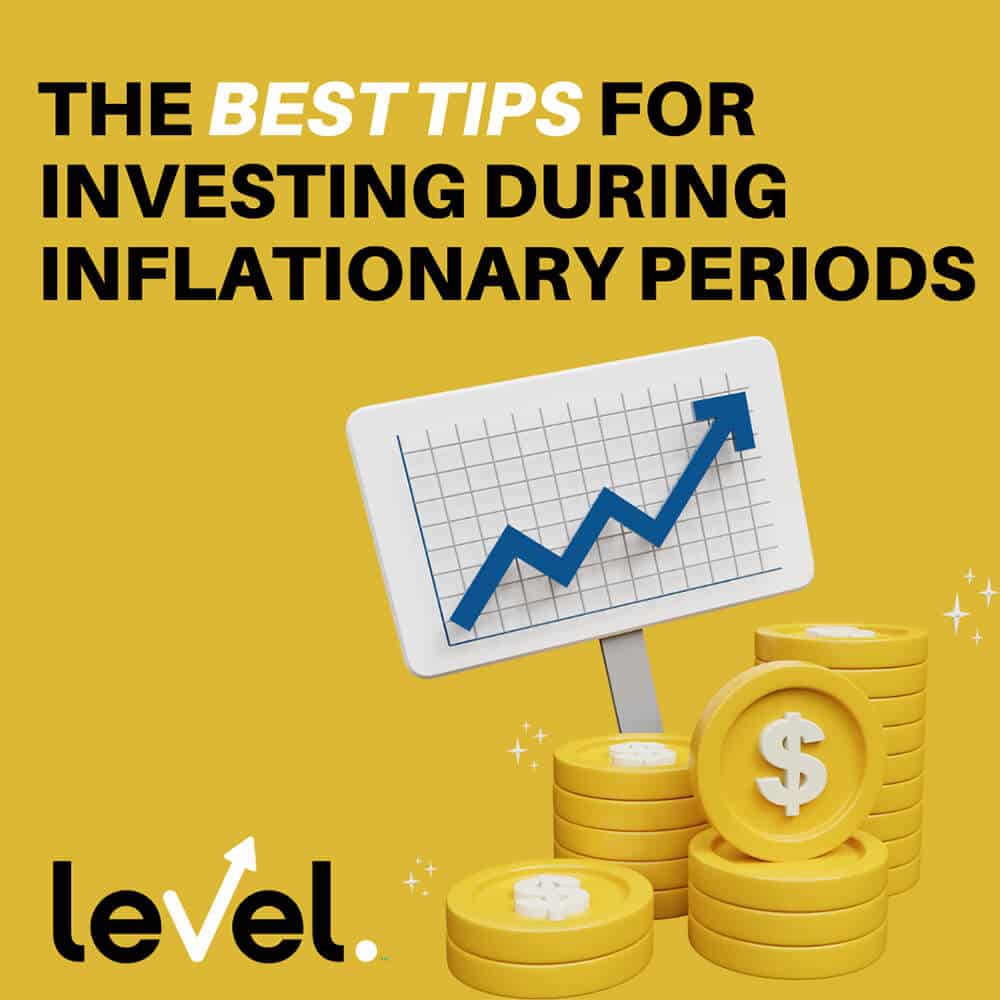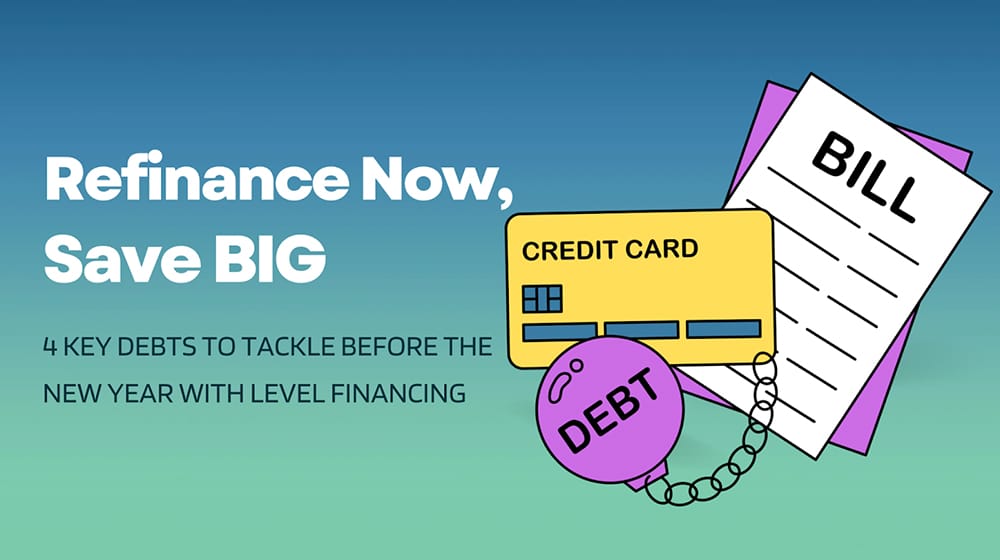In June 2022, the inflation rate in the US touched an astounding 9.1%, a figure we haven’t seen in decades. It went down slightly in the following months, but it’s still well above 7%.
There are several reasons why this is happening, starting with the fact that many companies couldn’t keep up with the increased demand for goods and services after the Coronavirus lockdown. This had an obvious impact on prices. As if that wasn’t enough, the Russia-Ukraine conflict contributed to a global increase in energy prices due to the restrictions on imports of Russian oil.
Investing during inflationary periods can be tricky, but there are strategies you can use to minimize risks and maximize gains. Let’s explore them in detail.
Should I Invest During Inflation?
According to various financial experts, the worst move is actually not to invest during inflation, as just leaving your money in your bank account, while prices are rising considerably, will reduce your real net worth. If you have one hundred dollars in a bank account with a very low interest rate, high inflation means that you can afford to buy fewer and fewer products and services with that money.
Instead, you should invest cautiously so that it protects you from the adverse effects of inflation while taking advantage of the opportunities.

How Do I Edge Myself Against Inflation?
Inflation is an inevitable component of the economy, and a skilled investor should learn how to edge against it. Even more so in periods of high inflation like the one we are currently experiencing.
Inflation hedging refers to investing in asset classes that perform particularly well during inflationary periods. Here are the most notable ones.
Gold
Historically, gold has been considered the ultimate investment to protect yourself against rising prices. That’s because it’s a real asset that tends to retain its value over time. While its performance has not been particularly outstanding in 2022 so far, it has still outperformed most assets since the beginning of the year, confirming its reliability as a shield against inflation.
TIPS
Treasury Inflation-Protected Securities, or simply TIPS, are government bonds with an interest rate that changes based on changes in the inflation rate. This, and the fact that the US governments back them, make them one of the safest investment options during inflation. They are issued in maturities of 5, 10 and 30 years. Index-linked gilts issued by the British government are also a valid alternative to TIPS.
Commodities
Buying commodities is another clever way to protect your portfolio from inflationary pressures. Some commodities investors commonly buy in times such as these include:
- energy resources (oil, natural gas)
- metals (silver, platinum, aluminum)
- soft commodities (wheat, corn, soybeans, and even wine)
The intrinsic value of these assets and the fact that they typically perform well when prices are rising are what make them a good hedge against inflation. Some of the most popular ways of investing in commodities are
- buying stocks of commodity producers (e.g., oil companies)
- buying ETFs tied to commodity indexes
Return-Generating Real Estate
This is another major asset investors tend to look at during high-inflation periods. According to Forbes, investing in return-generating real estate is the best move you can make against inflation. That’s because, in this case, inflation can help you increase your income and not just protect your investment from devaluation. First of all, you can buy real estate with a fixed-rate interest rate. As your income continues to rise due to inflation, your monthly mortgage payment will become less and less of a burden. Moreover, if you decide to rent your property, you can benefit from the fact that rental income tends to keep up with inflation or increase at an even higher pace..
Read More: Taking Out a Loan for Investment Properties
REITs
If you want to benefit from the inflation hedging properties of real estate investment but don’t have the necessary capital or don’t want the hassle of landlord-tenant relations, you can invest in a Real Estate Investment Trust, or REIT. This term describes a fund that owns and manages a pool of return-generating real estate assets. As an investor, you will receive a dividend from the fund. As REITs are usually listed, you can also decide to sell your share in the fund if you deem it convenient.

What About Stocks?
If you plan to invest in stocks during periods of high inflation, it’s important to do it analyze and choose the right type of stock. It’s essential to know the difference between the two following types of stocks.
- Value stocks are valued based on their current earnings and are a better choice during periods of higher inflation.
- Growth stocks are valued based on their projected future earnings and are a better investment choice during periods of low inflation.
During an inflationary period, future earnings are less valuable, which in turn makes present earnings more valuable. The positive relation between inflation and value investing can be clearly seen by analyzing historical data.
Forbes sees T-Mobile, Exxon Mobil, Warner Bros Discovery, and Pfizer as some of the most attractive value stocks in late 2022.
You can also invest in value ETFs. Some examples are:
- iShares MSCI USA Value Factor
- Schwab Fundamental U.S. Large Company Index ETF
- Vanguard Value Index Fund ETF
What Investments Should I Avoid During Inflation?
Let’s now focus on the assets that are usually not a good pick during periods of high inflation.
Cash
When prices rise considerably, holding extensive reserves of cash will end up deteriorating the value of your portfolio. Even when you forecast higher interest rates, these are usually not enough to offset high inflation, so the real value of your money will probably erode. The only good reason to keep cash at times like these is the high flexibility that it provides. If you hold sufficient cash, you may be in the appropriate position to take advantage of the low valuation of quality companies that are not generating enough short-term profits.
Bonds
Bonds are usually a fixed-rate investment. During times of strong inflation, the real return on your bonds will decrease. On top of that, a bond’s price and the interest rate it offers have an inverse relation: the higher the interest, the lower the price. This is another reason not to invest in bonds if the FED continues to increase interest rates to offset the weakening of the economy.





